Turkey, Russia will not use dollar for S-400 deal, says Erdogan
Turkish President Recep Tayyip Erdogan says Ankara will pay either in ruble or lira for the advanced Russian-built S-400 air defense missile system, regardless of strong opposition from the United States and warnings that Turkey should not buy the anti-aircraft platform.
Speaking to reporters before leaving for G-20 summit in Argentina on Thursday, Erdogan said the final currency composition had yet to be agreed but confirmed he expected the deliveries of the systems to take place in 2019.
“The settlements on S-400 systems must be carried out with the use of national currencies. The transfer of these systems to Turkey should be completed by the end of 2019 after which the provision on the settlements with the use of national currencies, which we have suggested from the very beginning, will be implemented by the efforts of finance ministers and central banks of the two countries,” Turkish-language NTV television news network quoted him as saying.
On Wednesday, Russian President Vladimir Putin said it is impossible to seal the S-400 agreement with Turkey in dollar.
The Russian president said he and Erdogan had agreed on another option.
Putin also criticized the US administration for using the dollar as a pressure tool, stating that Russia and its trade partners are working to create interbank payment systems independent of the Belgian-based SWIFT global payment network.
A number of the US-led North Atlantic Treaty Organization (NATO) member states have criticized Turkey for its planned purchase of S-400 missile defense systems from Russia, stating that the move could jeopardize Ankara's acquisition of F-35 fighter jets.
On July 15, the top American Air Force general in Europe warned that the Turkish government’s plan to purchase Russian S-400 systems would give the advanced air defense shield deep insight into the US radar-evading F-35 fighter jets.
“Anything that an S-400 can do that affords it the ability to better understand a capability like the F-35 is certainly not to the advantage of the coalition,” General Tod Wolters, who is also the NATO Allied Air Commander, said.
Erdogan has emphasized that Ankara would utilize sophisticated S-400 anti-aircraft missile systems if necessary.
“We will not just buy the S-400s and place them in a storehouse. We will use them if need be. These are defense systems. What are we going to do with them if not use these defense systems? Are we going to depend on the United States again? We have been demanding them for years, but the answer given to us has been: The [US] Congress is not allowing. We are tired of this,” he said in remarks broadcast live by private Turkish-language TGRT Haber television news network on June 12.
Erdogan and his Russian counterpart said in the Turkish capital Ankara on April 3 that they had agreed to expedite the delivery of S-400 missile systems. The delivery is expected to start between late 2019 and early 2020.
Turkey’s English-language Hurriyet Daily News newspaper reported on December 29 last year that the loan deal for four S-400 surface-to-air missile batteries had been signed in Ankara.
The developments came only two days after Chief Executive Officer of Russian state corporation Rostec Sergey Viktorovich Chemezov told the Kommersant daily newspaper that Russia would supply Turkey with four batteries of S-400, worth $2.5 billion each, and Moscow was expected to begin the first deliveries in March 2020.
Chemezov added that Turkey would pay 45 percent of the cost of the agreement up front, while Russia would provide loans to cover the remaining 55 percent.
The S-400 system, whose full name is the Triumf Mobile Multiple Anti-Aircraft Missile System (AAMS), is an advanced Russian missile system designed to detect, track, and destroy planes, drones, or missiles as far as 402 kilometers away. It has previously been sold only to China and India.
Turkey is striving to boost its air defense, particularly after Washington decided in 2015 to withdraw its Patriot surface-to-air missile system from Turkey's border with Syria, a move that weakened Turkey’s air defense.
Before gravitating towards Russia, the Turkish military reportedly walked out of a $3.4 billion contract for a similar Chinese system. The withdrawal took place under purported pressure from Washington.
Ankara’s ties with its Western allies in NATO have been strained over a range of issues.
Erdogan has been critical of Washington for supporting Kurdish groups in Syria that he says are responsible for terror attacks inside Turkey.
The Turkish leader has also slammed American officials for rejecting his requests to hand over Fethullah Gulen, a powerful opposition figure living in the US, whom Ankara accuses of having masterminded the July 2016 coup attempt.
From Monroe to Trump: Imperialist footprint behind President Maduro’s kidnapping
FM Araghchi: Negotiations cannot work under threats
Iran regional leader in laser and quantum technologies
Iran commander: Any adventurism will cause heavy costs for enemy
VIDEO | Iran’s ambassador to Nigeria denounces US, Israel over latest terrorist acts in Iran
Iraq warns of imminent threats as questions mount over Daesh prisoner escapes
Attack on Iran would severely backfire: European think-tank
Man convicted of spying for Israel’s Mossad executed in Iran


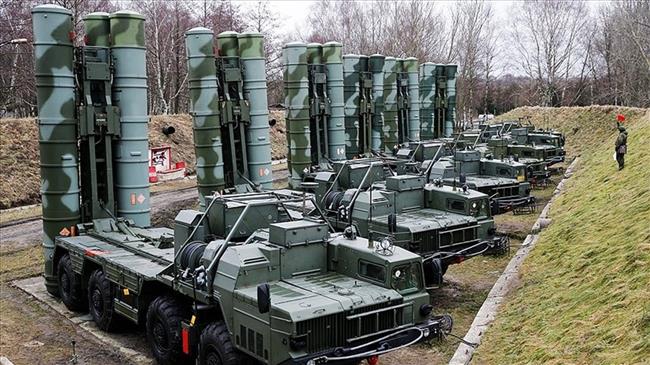




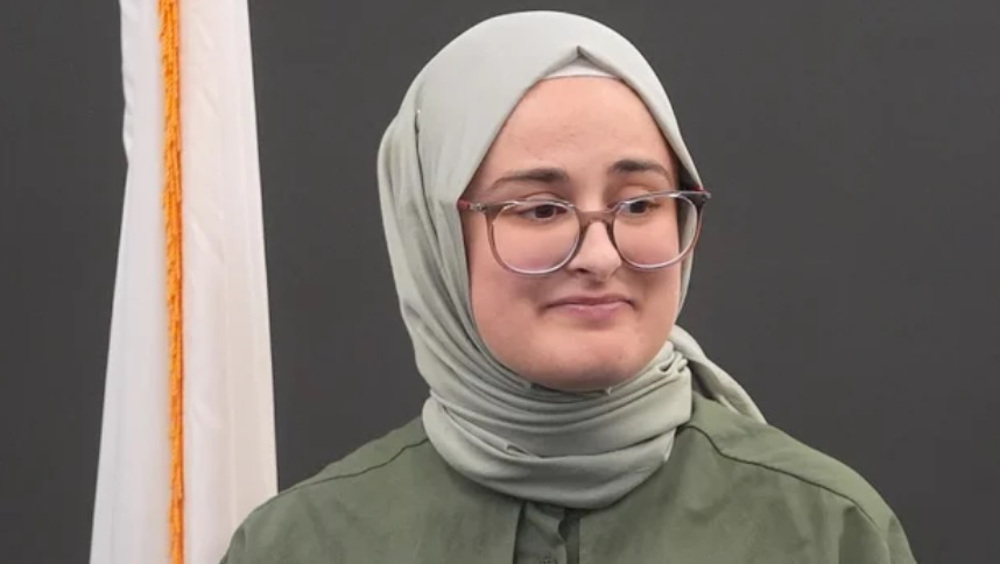
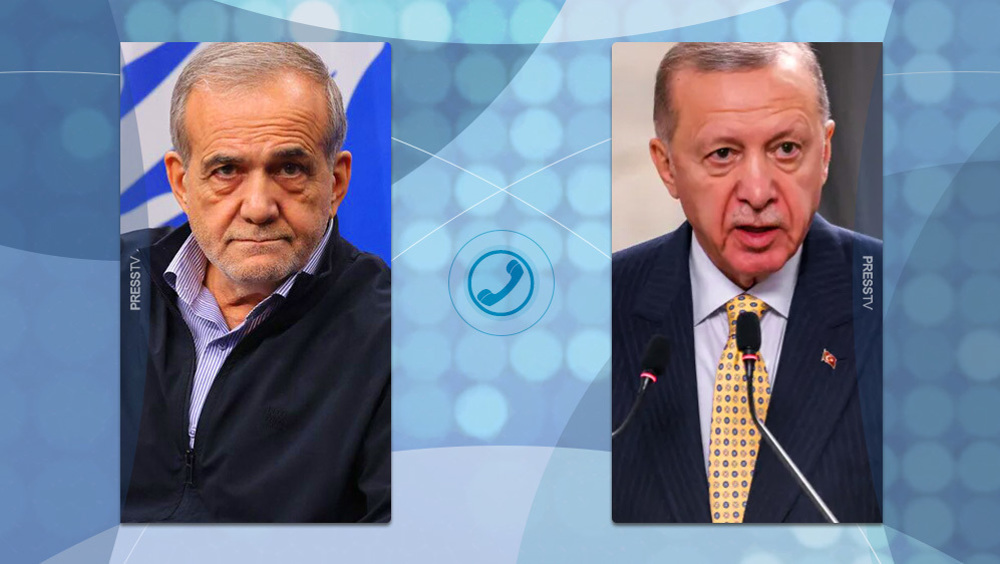
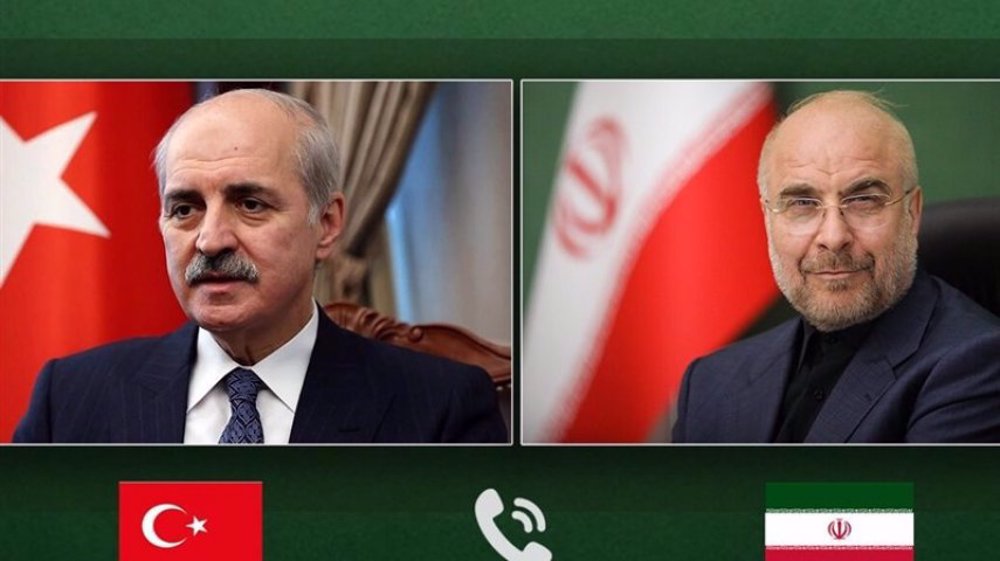



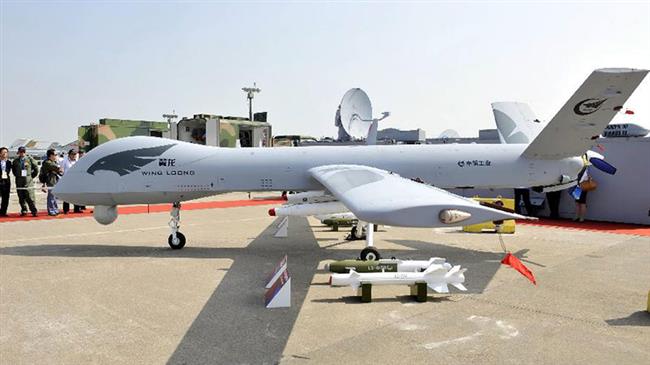
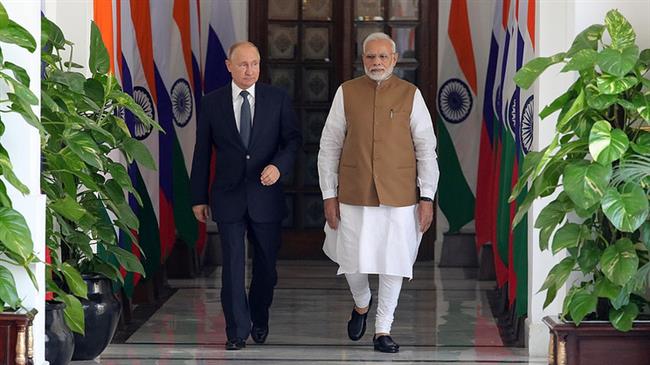


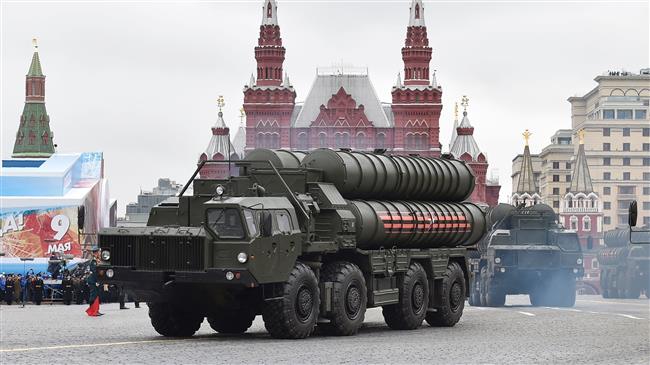
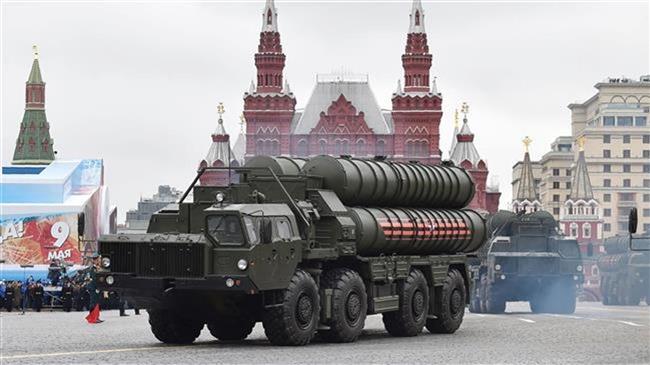

 This makes it easy to access the Press TV website
This makes it easy to access the Press TV website